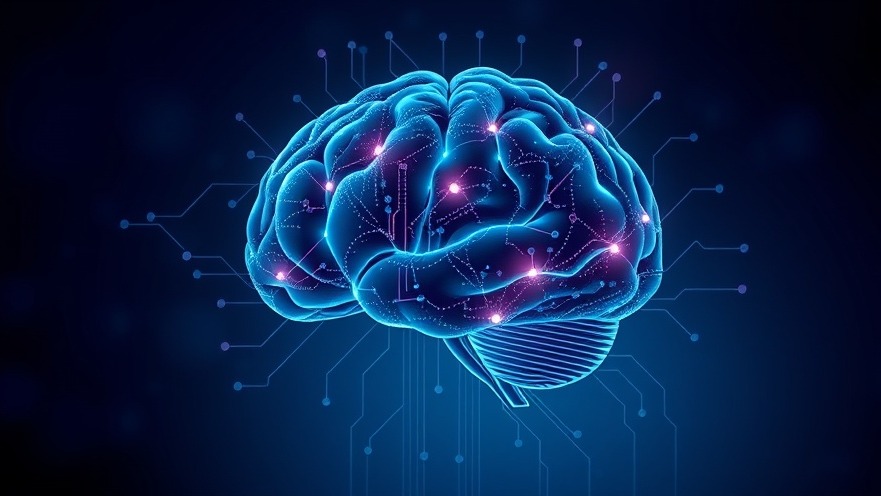
Will Machines Ever Truly Think? A Journey Through Feynman's Questions
Richard Feynman, the renowned physicist known for his revolutionary ideas and curiosity, posed profound questions about artificial intelligence back in 1985. As we stand at the precipice of a technological revolution, his contemplations about whether machines can ever truly exhibit intelligence fuel ongoing debates.
The Evolution of AI: From Concepts to Reality
Artificial intelligence has come a long way since Feynman's time. Initially, AI was grounded in basic problem-solving algorithms and limited by computational power. However, the landscape has shifted dramatically with advancements in machine learning and deep learning. Today, AI systems can perform complex tasks previously thought exclusive to human intelligence, including language translation and image recognition. This evolution begs the question: as machines become more capable, do they also become more 'intelligent' in a human sense?
Understanding AI: The Basics Every Tech Enthusiast Should Know
For many, terms like deep learning and machine learning can be daunting. To demystify these concepts, let’s break them down:
AI Basics: At its core, AI refers to computer systems designed to mimic human cognitive functions.
Machine Learning Fundamentals: Machine learning is a subset of AI that allows software applications to become more accurate in predicting outcomes without being explicitly programmed.
Deep Learning: This is a further subset of machine learning that utilizes neural networks with many layers (hence 'deep') to analyze various forms of data.
This foundational understanding of AI is crucial, not just for tech enthusiasts but for anyone interested in how these technologies will transform our world.
Feynman's Legacy: The Inquiries That Matter Today
Feynman’s inquiries encourage us not just to create technology, but to question its purpose and implications. In this digital age, where AI-driven tools play significant roles in sectors like healthcare, finance, and entertainment, ethics becomes paramount. Are we equipping machines with enough ethical decision-making capabilities? How do we ensure that AI advancements serve humanity positively?
Future Predictions: What Lies Ahead for AI?
As we look to the future, AI is expected to evolve dramatically. By 2025, predictions suggest even more profound integrations of AI in daily life. From personal assistants that learn and adapt to our preferences to complex systems capable of data analysis in ways humans can’t, the potential is limitless. However, this transition also brings challenges we must navigate carefully, including questions around job displacement and ethical considerations of deployment.
Getting Started with AI: Resources and Learning Opportunities
For those looking to deepen their knowledge of AI, a wealth of resources is available. From beginner’s guides that explain AI concepts simply to advanced tutorials for those eager to dive deeper, platforms like Coursera and edX offer structured paths. Getting started with AI programming can be facilitated through communities like GitHub and Reddit, where budding AI enthusiasts frequently share insights and foster collaboration.
Understanding artificial intelligence is more crucial than ever, and Feynman’s perspective serves as a reminder that curiosity, paired with ethical considerations, can shape a bright technological future. As we prepare for a world where machines may one day operate on levels of cognition similar to our own, recognizing both the potential and the limitations of AI is essential.
By engaging with AI education, seeking out reliable insights, and making informed decisions, tech enthusiasts can not only stay ahead of the curve but also contribute to an ethical future driven by intelligent technology.
 Add Row
Add Row  Add
Add 




Write A Comment